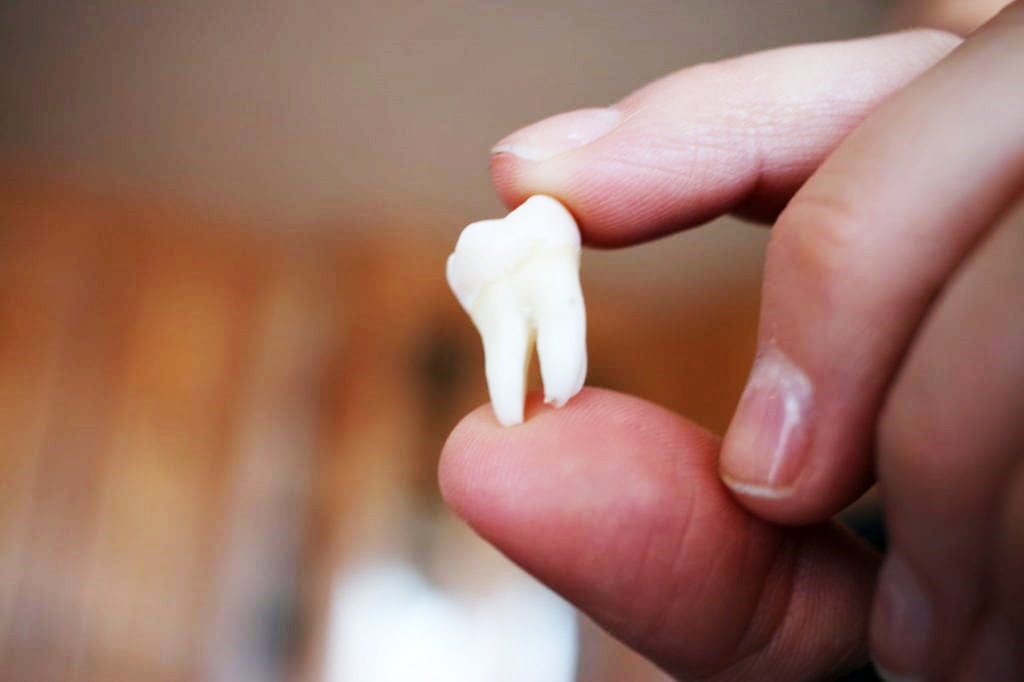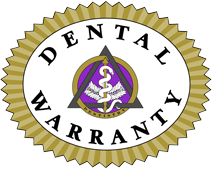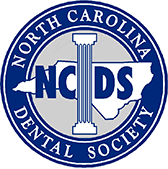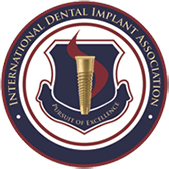
When most of us go through our teenage years, we often hear that we need to get our wisdom teeth removed. In fact, wisdom tooth removal is one of my most frequent questions, so I thought I’d try to address some of those questions involving this procedure here:
Is it necessary to have wisdom teeth removed?
No, it isn’t. When wisdom teeth are correctly positioned in your mouth and don’t cause any pain or dental problems, then they don’t need to be removed. But this often isn’t the case. When your wisdom teeth are impacted or crowding your other teeth, your dentist will probably recommend that they should be removed. These are the most common reasons for wisdom tooth extraction.
When is the best time to have wisdom teeth removed?
Typically, I recommend that wisdom teeth are removed before the roots have finished forming – somewhere around 14 to 18 years old. Because the roots aren’t fully developed, the extraction is much easier, for both dentist and patient, and the recovery time minimal.
How long is the recovery time from wisdom tooth extraction?
Recovering from a wisdom tooth extraction can be anywhere from about three days to two weeks. However, the average recovery is about one week. The length of recovery depends on how developed the roots were, and how badly the wisdom teeth were impacted.
How should I prepare for wisdom tooth removal?
It is important to prepare for your wisdom tooth removal. Always, follow the directions given to you by your dentist – he/she may recommend that you avoid eating before the surgery. You will need pain medication and a cold pack to control your dental pain after having wisdom teeth surgery.
Buy a few cold packs before the procedure. If your dentist plans to prescribe a pain reliever, ask him or her to let you fill the prescription a day early so you can avoid a trip to the pharmacy when you are still groggy.
In addition, also, wear some comfortable clothing – preferably something that doesn’t need to go over your head. And make sure that somebody will be there to drive you home. If you are on prescription medications, find out which ones you can take before your surgery begins.
What should I expect after I have my wisdom teeth removed?
The day after the anesthesia wears off, you’ll likely be too uncomfortable to perform normal activities. Find a comfortable place to relax and don’t do anything stressful. I recommend watching TV on your couch or bed. Schedule time off from work or school, so you can quickly and fully recover.
If you’re wondering what to eat after wisdom teeth removal, be sure to stock-up on soft foods (like applesauce and cottage cheese), and avoid hard or chewy foods immediately after your extraction. Tobacco and alcohol should be completely avoided while healing.
Also, you’ll need to gently brush your teeth – to make sure your mouth stays healthy during this recovery period. Lastly, your doctor will recommend that you should avoid using a straw or vigorously rinsing your mouth for 24 hours after your procedure. This is so that you don’t disturb the clot forming in your jaw. By dissolving this clot, you could create a dry socket.
What is a dry socket? What does it look like?
The socket is the place in the jawbone where the tooth was removed. After a tooth is pulled, a blood clot forms in the socket to protect the bone underneath. This clot helps in the healing process.
When the clot dissolves, you’ll be able to see bone and it is called a dry socket. This can be very painful and your dentist may need to actively help you heal and manage the pain.
Getting your wisdom teeth removed is never fun, but it’s often necessary. By working together with your dentist, and following all the instructions you’re given, you should have a quick and full recovery, allowing you to again eat and drink what you want in a short period of time.
If you have questions about wisdom tooth removal, schedule an appointment with our dental office in Charlotte or Concord, or contact us today.
– Dr. Taj.






